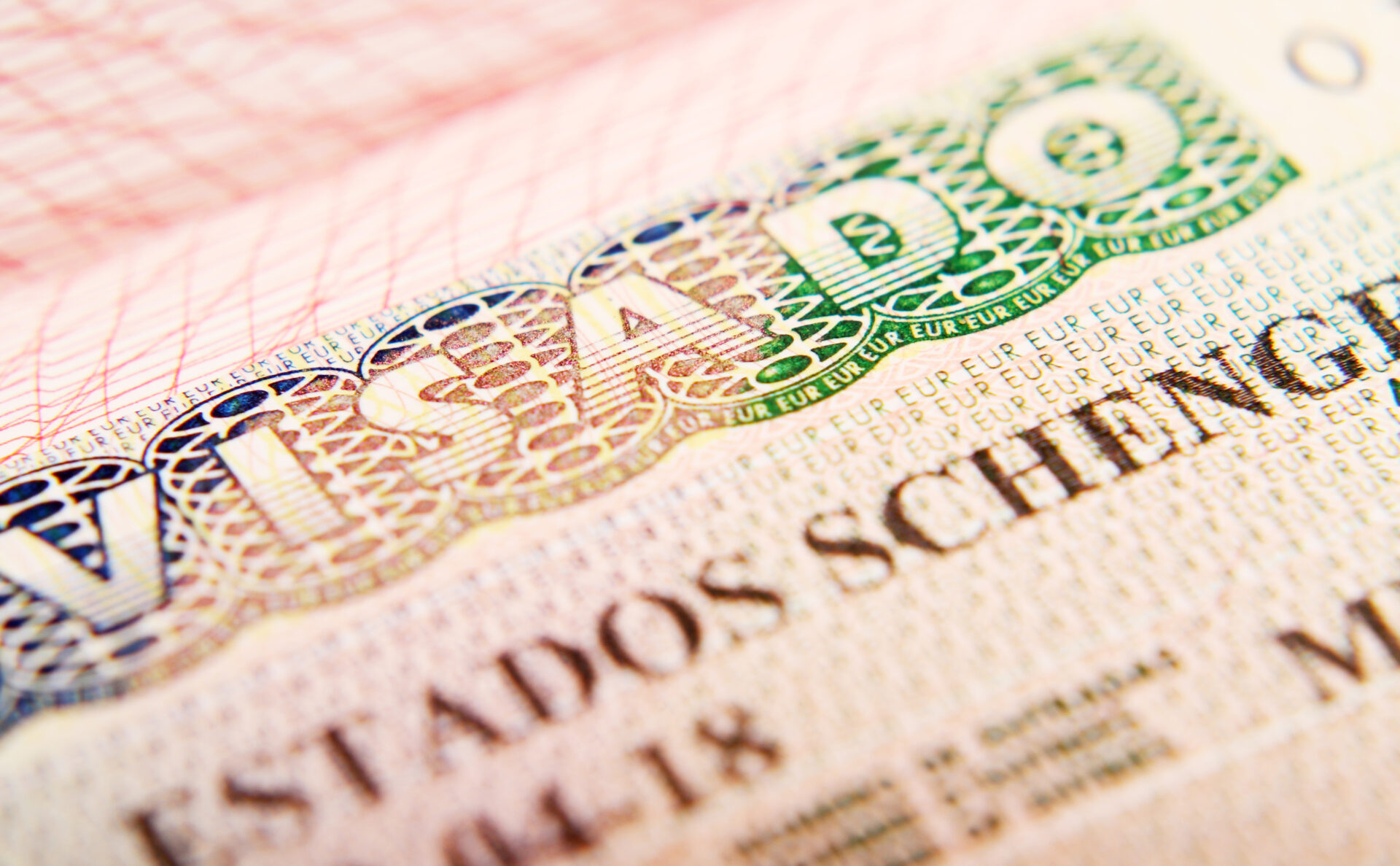The 90-day rule means that non-EU citizens can only stay within the Schengen Area for 90 days out of every rolling 180. But with many Brits owning a second home in Spain, this limit can be frustrating. Spain’s acting Tourism Minister Héctor Gómez is advocating for a change to the rule.
Find homes in Spain via our property portal.
What is the 90-day rule?
The Schengen Area includes twenty-seven member states including Spain, France, Germany, Greece, Belgium, and Croatia. They all benefit from freedom of movement. Since Brexit, Britons have become third-country nationals and cannot travel as freely in the Schengen Area. Instead, without a visa, Britons are restricted to staying for 90 days out of every rolling 180 in the Schengen Area. This means that if you spend ten days in France, this will impact how much time you can spend in Spain.
For some, 90 days is a comfortable amount of time to enjoy Spain. For others, especially those that own (or are dreaming of owning) a second home in Spain, 90 days does not quite cut it. They want more of Spain’s lifestyle of sun, siestas, sand and sea. When day 89 turns into day 90, they’re not ready to hop back on a plane and return to the UK’s grey skies. And while there are visa options (more on that later), the good news is that there are growing calls for the end of the 90-day rule…
Spain and France call for the end of the 90-day rule
Spain’s acting Tourism Minister Héctor Gómez has said that the 90-day rule has had adverse impact on Spain’s economy. Despite Brexit, Spain is still one of the UK’s favourite holiday destinations. Plus, the UK exceeds any other foreign country in the buying of Spanish property. In the latest report from the Spanish Ministry of Transport, Mobility and Urban Agenda, 9.6% of properties were purchased by Britons. Purchasing a Spanish casa is also a popular choice among Germans, Moroccans, and French buyers.
While the Spanish government did not create the 90-day rule, Gómez is now advocating for them to lobby the EU to bring about its end.
Furthermore, it was confirmed earlier this week that Gómez had met with the UK’s Director of Consular Affairs and Crisis, Jennifer Anderson, at the Foreign Office. It is believed that they will have discussed a potential altering to the 90-day rule.
Recently, the issue has been under scrutiny in France. At the Assemblée Nationale in December, MPs will debate a proposed bill to allow any Brit who owns a holiday home in France to have automatic rights to a long-stay visa without any further formalities.
What can I do in the meantime?
As promising as this news is, waiting for the Spanish government to lobby the EU or come up with a solution internally could take a while. But you may well be impatient to kickstart your life in Spain and keen to stay for longer than 90 days in every rolling 180! If that’s you, here are some visa options worth looking into:
A digital nomad visa: Do you work remotely? Would you like to combine work and travel? Introduced at the start of this year, this visa is designed for those who are working for a company (or clients if you’re freelance) based outside of Spain. It enables you to stay in Spain for up to twelve months. You will need to have a minimum income of €2,334 per month. Plus, during the first four years of living in Spain, digital nomads will have to pay 15% of tax instead of the standard 24%. Find out more about it here.
Golden visa: A residency by investment scheme, through business or property. The most popular choice is to buy a property of €500,000 or more. The visa is valid for one year. But while you are in Spain, you can exchange it for a residency permit, which will be valid for two years. Find out more here.
A non-lucrative visa: This is a popular choice among retirees as it applies so long as you can support yourself financially, but not through work. You must have a monthly income of €2,400.
Reach out to legal experts in Spain.
For more information, head to our page on moving to Spain.
You might also like:














